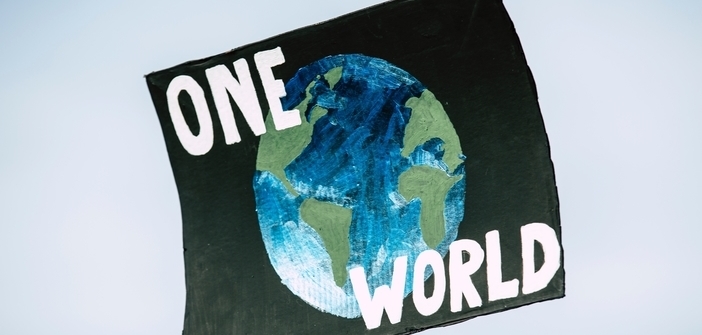Since the beginning of the year, the French government has implemented new measures aimed at tackling the climate upheaval that increasingly permeates our daily lives.
These measures are designed to guide every citizen towards ecological transition. They concern consumption patterns, transportation methods, and even health safety.
What are the measures taken in France and what will change in 2020?
To combat environmental pollution from plastic materials, the ban on these now extends to new types of plastic products, those considered as single-use, such as disposable tableware, cups, straws, and even cotton swabs.
Regarding food waste, this practice will now be considered illegal for stores and supermarkets throughout the year, following an amendment to the law on circular economy and anti-waste policies. Concerning non-food waste, companies will soon be required to donate or recycle all their unsold goods.

Citizen mobility is another major issue, directly linked to the improvement of everyday air quality. The government, which plans to increase its budget for ecological bonuses by 50% this year, now applies new standards to support the acquisition of new electric or hydrogen vehicles. Simultaneously, penalties for vehicles emitting more CO2 are reinforced; most levels of penalties have doubled or tripled (the maximum penalty is now set at €20,000 compared to €10,500 previously).
The French government has also implemented a measure aimed at increasing the protection of residents living near farmland. It targets the outright ban of spraying within 5 to 20 meters of homes, with the distance calculated based on the type of crop or the nature of the products used.
How to act individually for the planet
While the government’s ecological measures are moving in the right direction, each individual has the opportunity to take action themselves, initially on a local scale. There are many simple actions to undertake, if possible regularly, such as regulating energy or water consumption, favoring local purchases, seasonal products that cause the least harm to the environment.
Making donations to associations fighting for the planet is also an excellent way to act individually. This beautiful action also allows for a tax deduction on these donations, as explained by the Oxfam organization. It is a tax reduction equal to 66% of the total donations made (this applies up to 20% of the taxable income). Making donations will help associations and organizations combat climate change through their numerous actions in France and worldwide.

Acting for the planet also involves more frequent use, when feasible, of public transportation or bicycles; limiting expenses related to electronic products is also a recommended solution since they currently represent nearly 2/3 of greenhouse gas emissions caused by citizens’ consumption habits.




